MIDTERM FA25 ART 466 Realism to Contemporary Art Works and Terms MNSU Mankato Art History Curt Germundson
1/36
There's no tags or description
Looks like no tags are added yet.
Name | Mastery | Learn | Test | Matching | Spaced |
|---|
No study sessions yet.
37 Terms
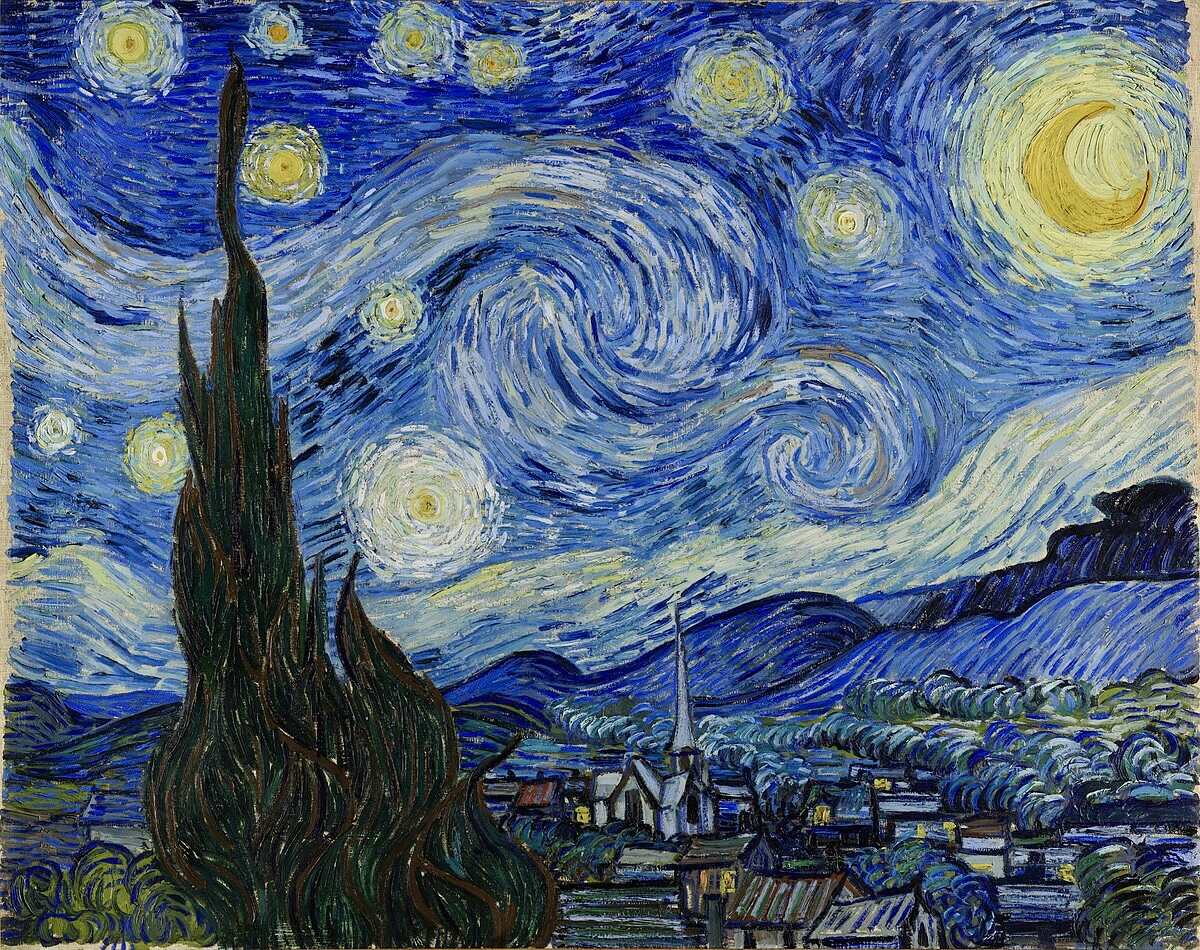
Starry Night
Vincent Van Gogh
Post Impressionism
1889
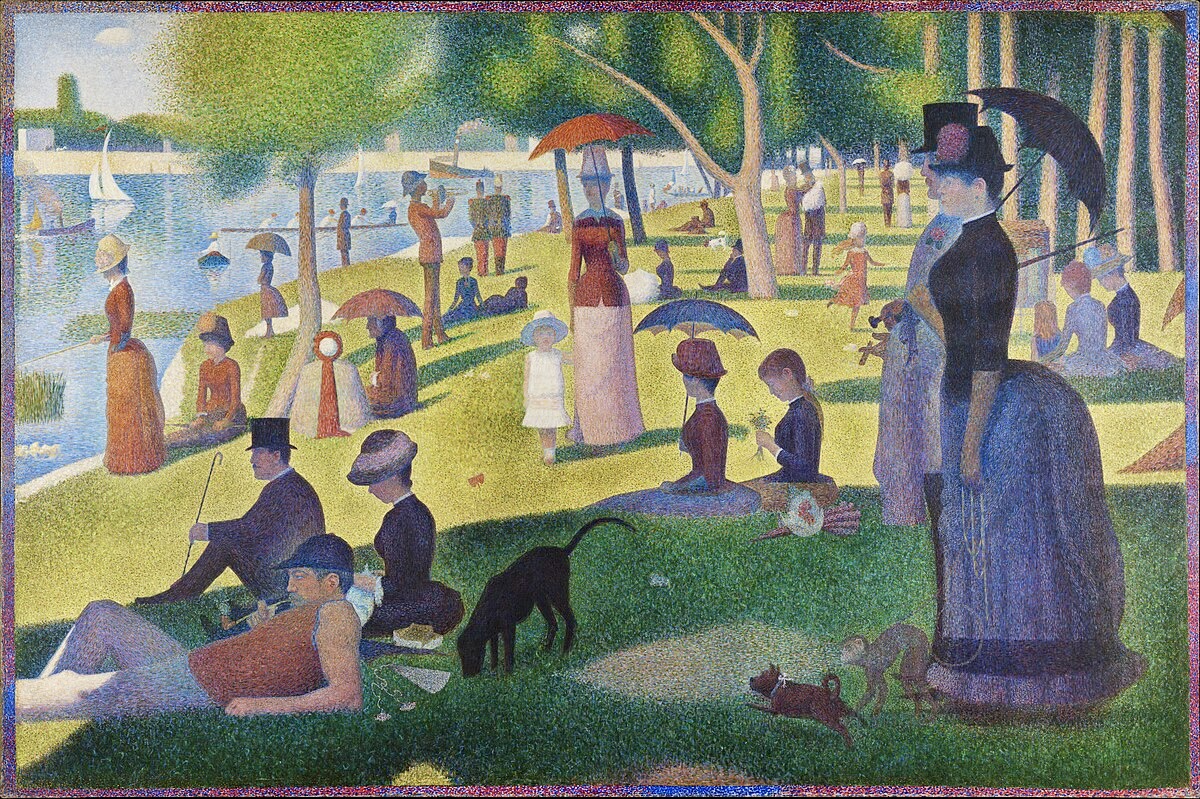
Sunday Afternoon on the Island of La Grande Jatte
Georges Seurat
Post Impressionism
1884-86
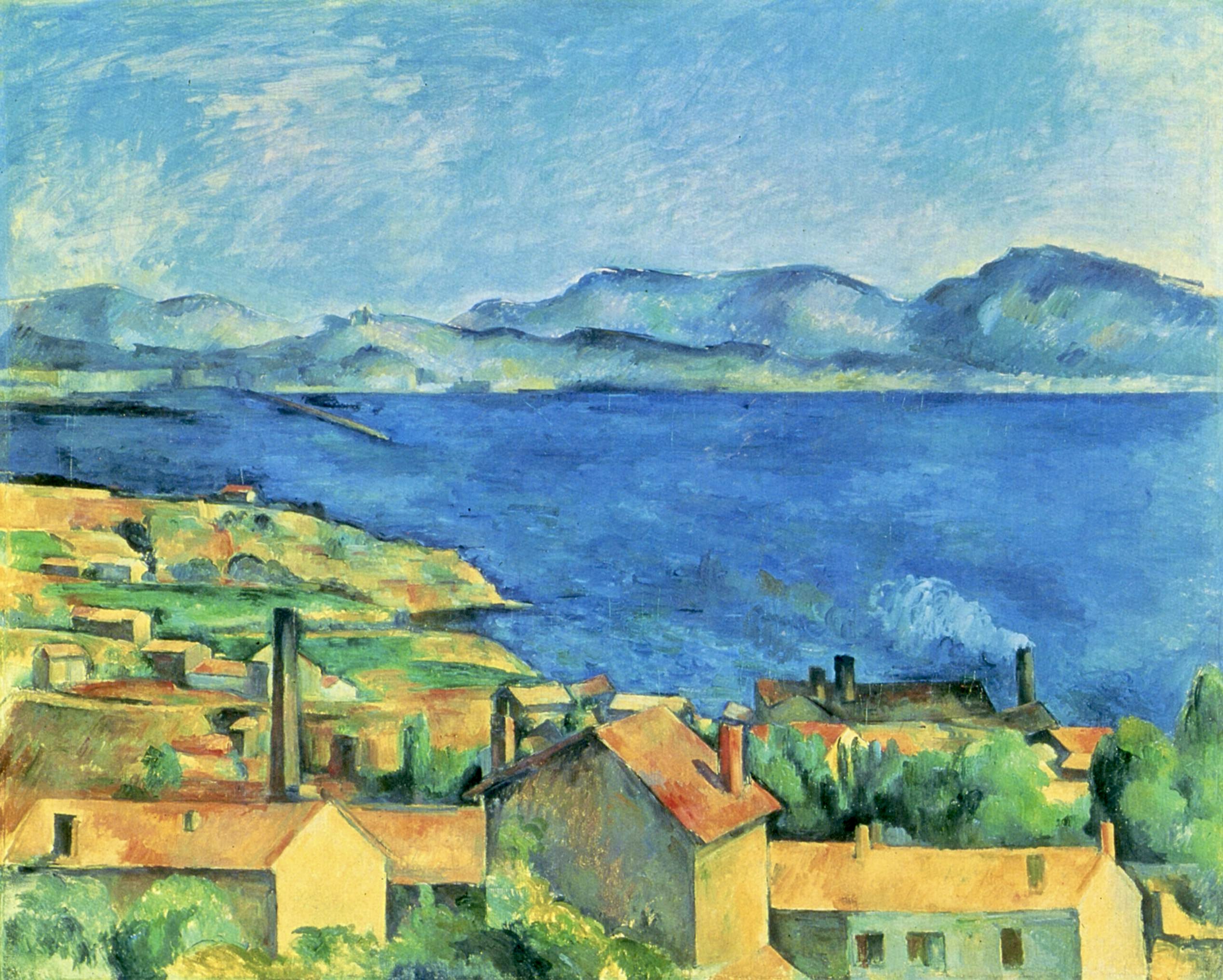
Bay of Marseilles from L’Estaque
Paul Cezánne
Post Impressionism
1885
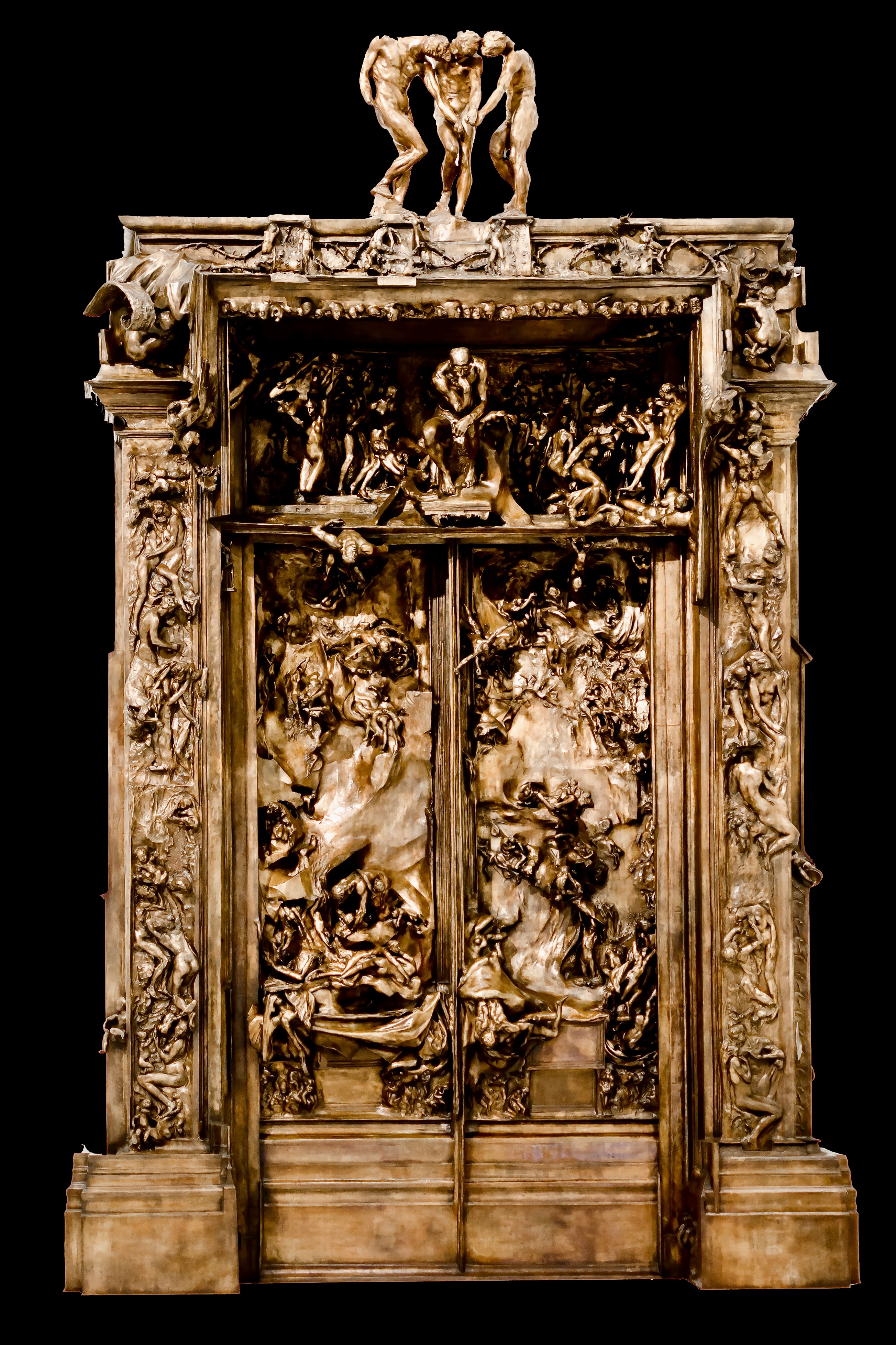
Gates of Hell
Auguste Rodin
19th Century Sculpture
1880-1917
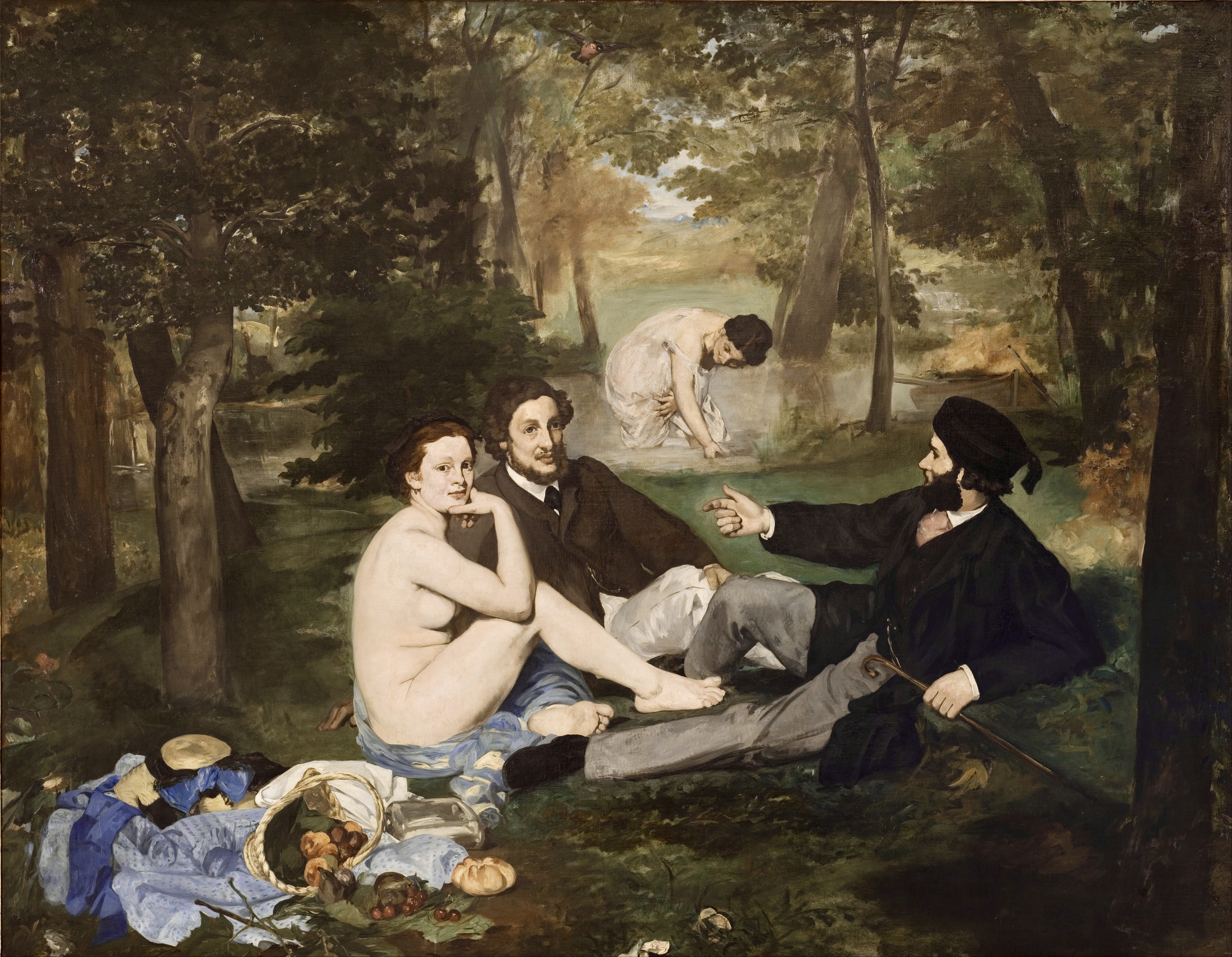
Luncheon on the Grass
Edouard Manet
Proto-Impressionism
1863
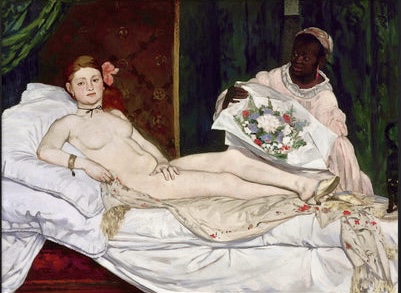
Olympia
Edouard Manet
Proto-Impressionism
1863
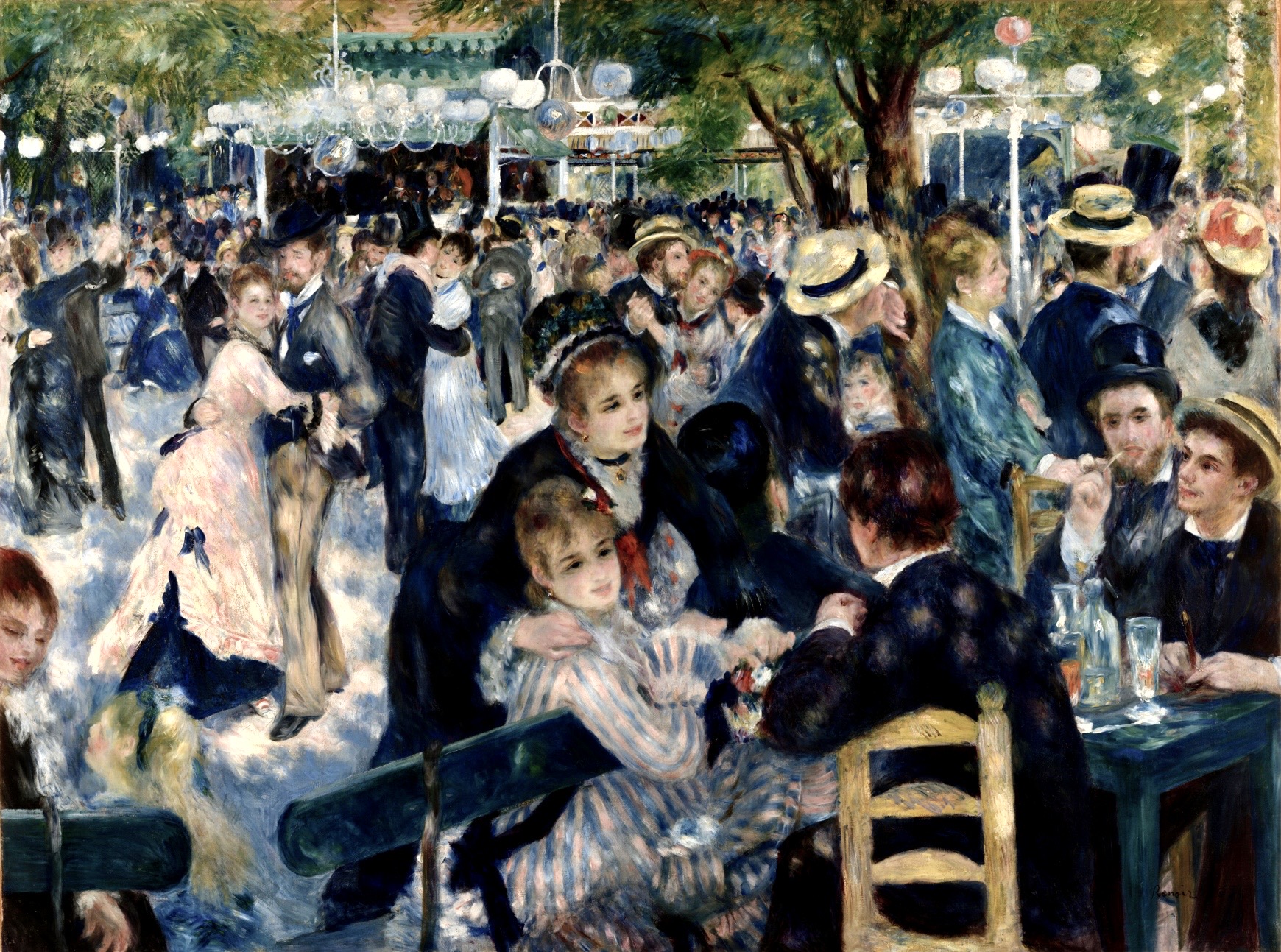
Moulin de la Galette
Auguste Renoir
Impressionism
1876
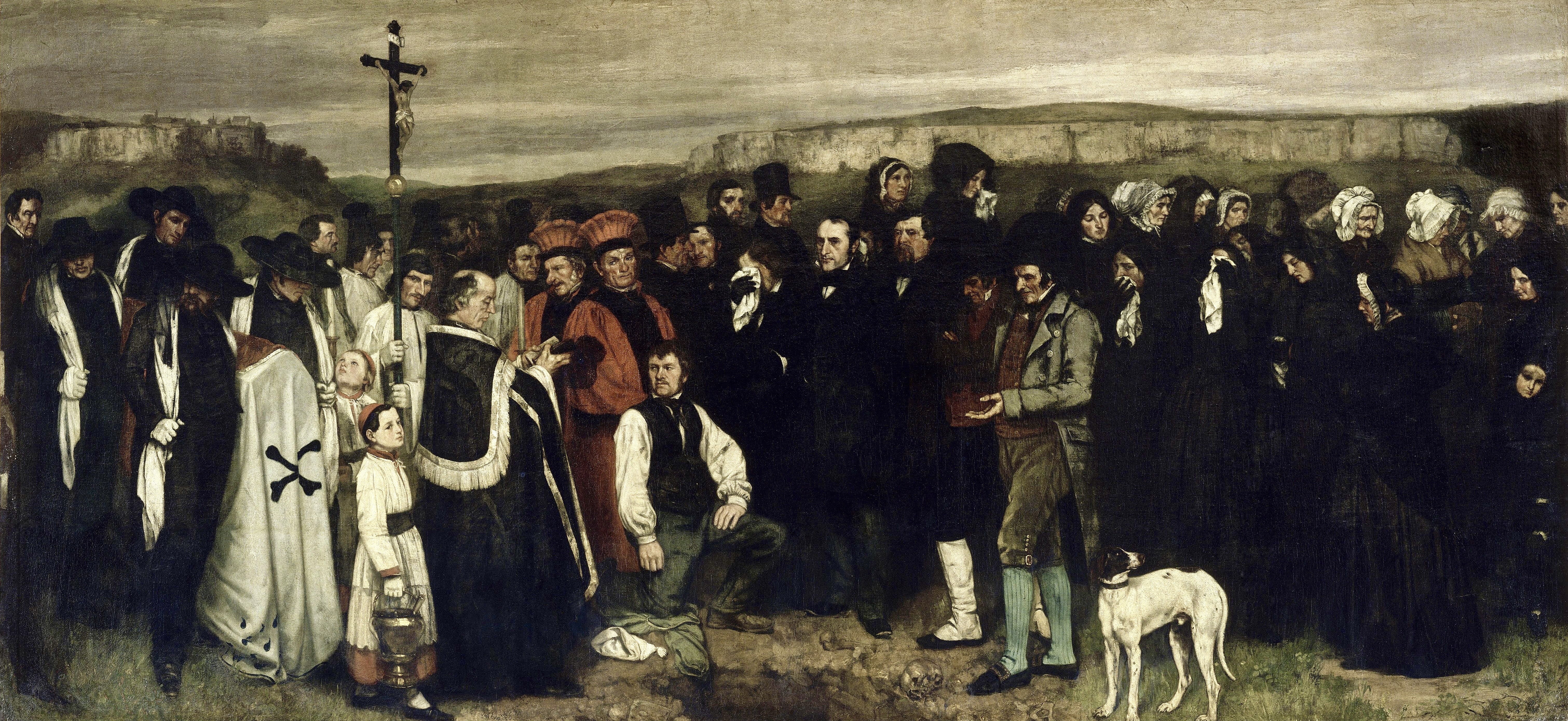
Burial at Ornans
Gustav Courbet
Realism
1849-50
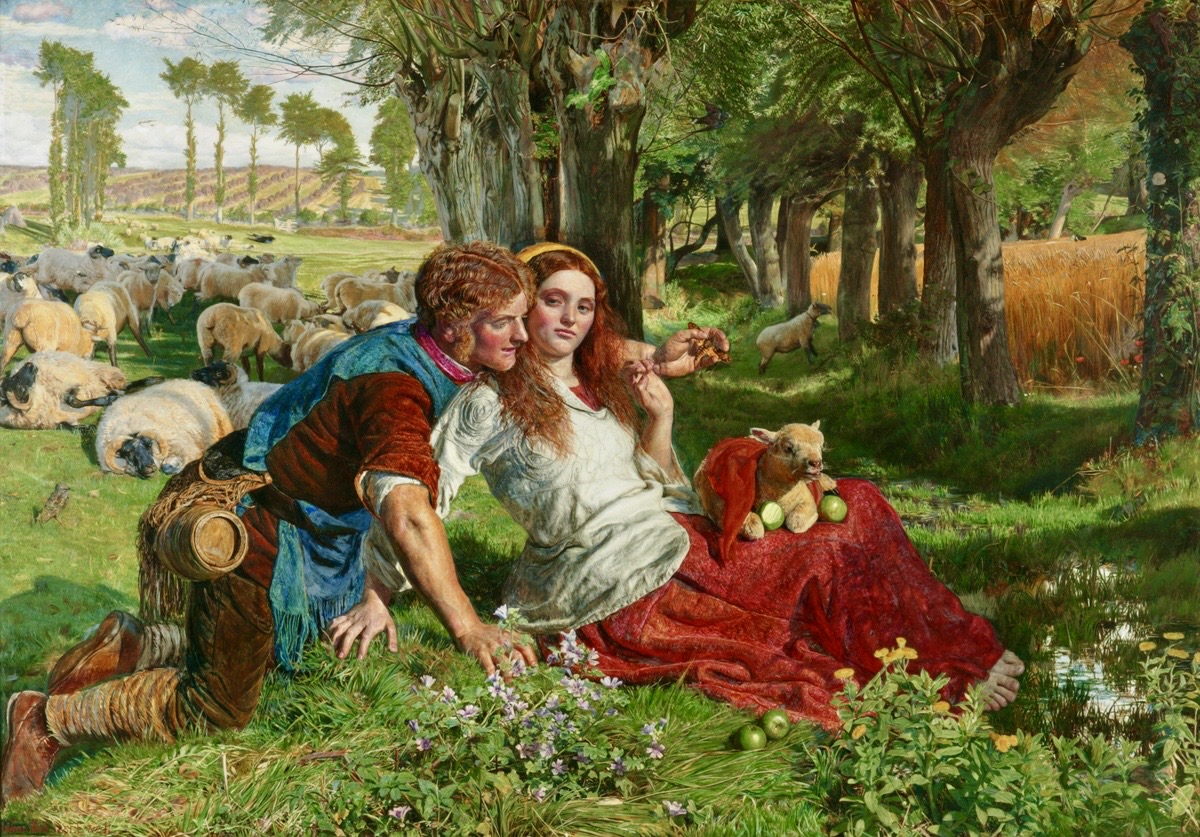
The Hireling Shepherd
William Holman Hunt
Realism
1851
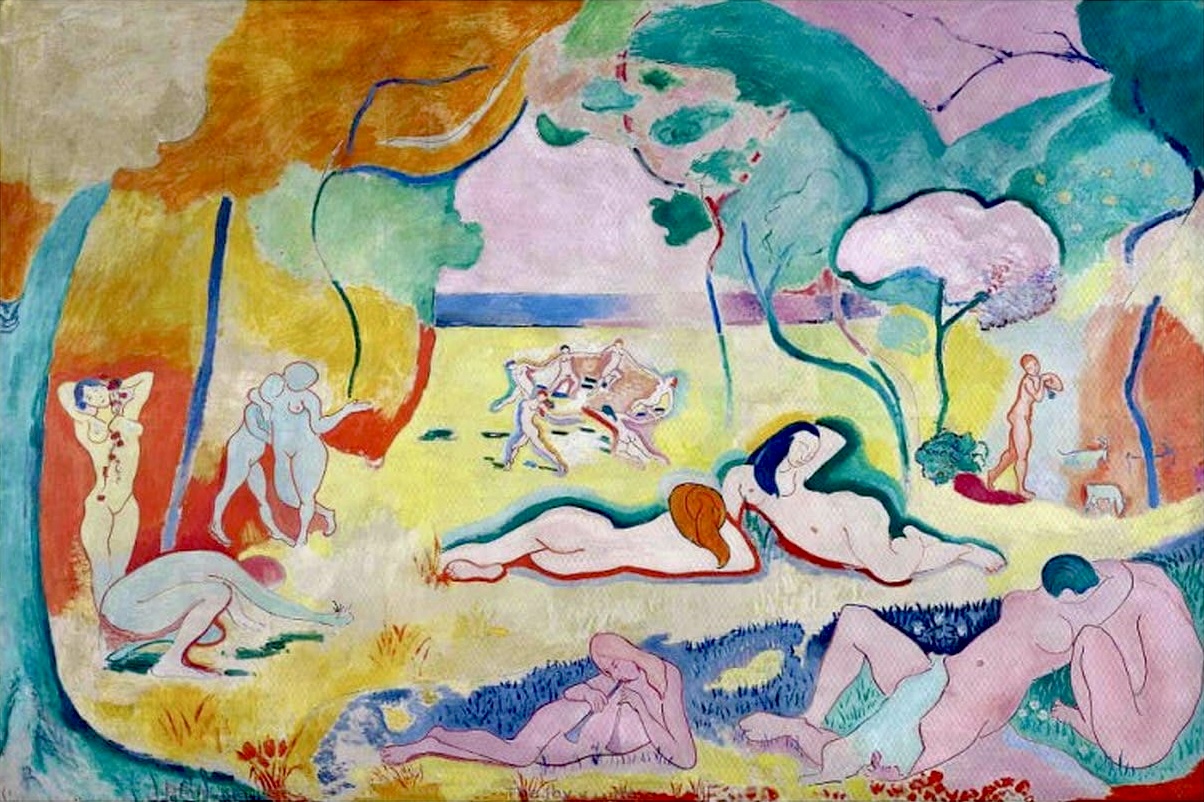
The Joy of Life
Henri Matisse
Fauvism
1905-06
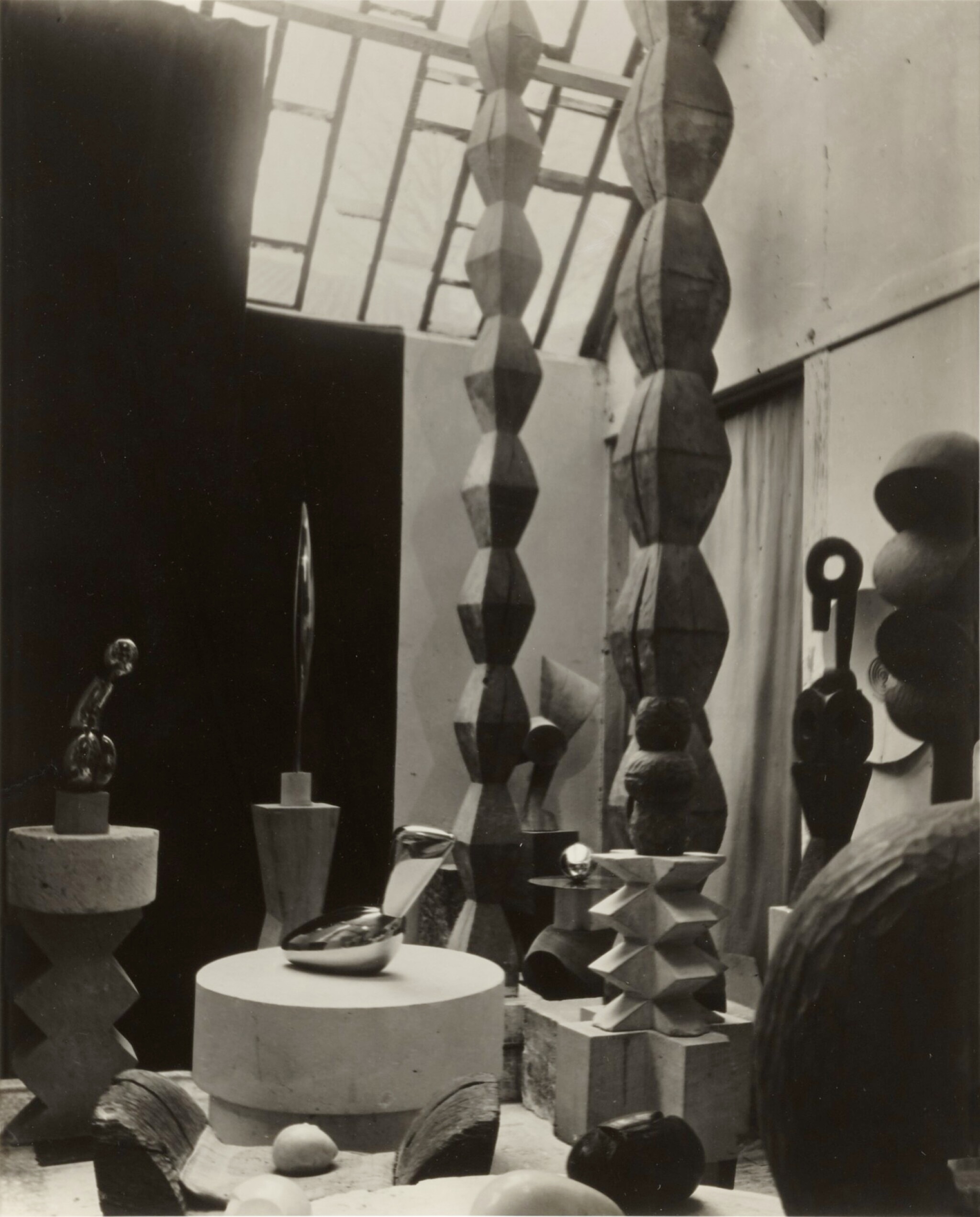
Photograph of His Studio
Brancusi
Early 20th Century Sculpture
1927
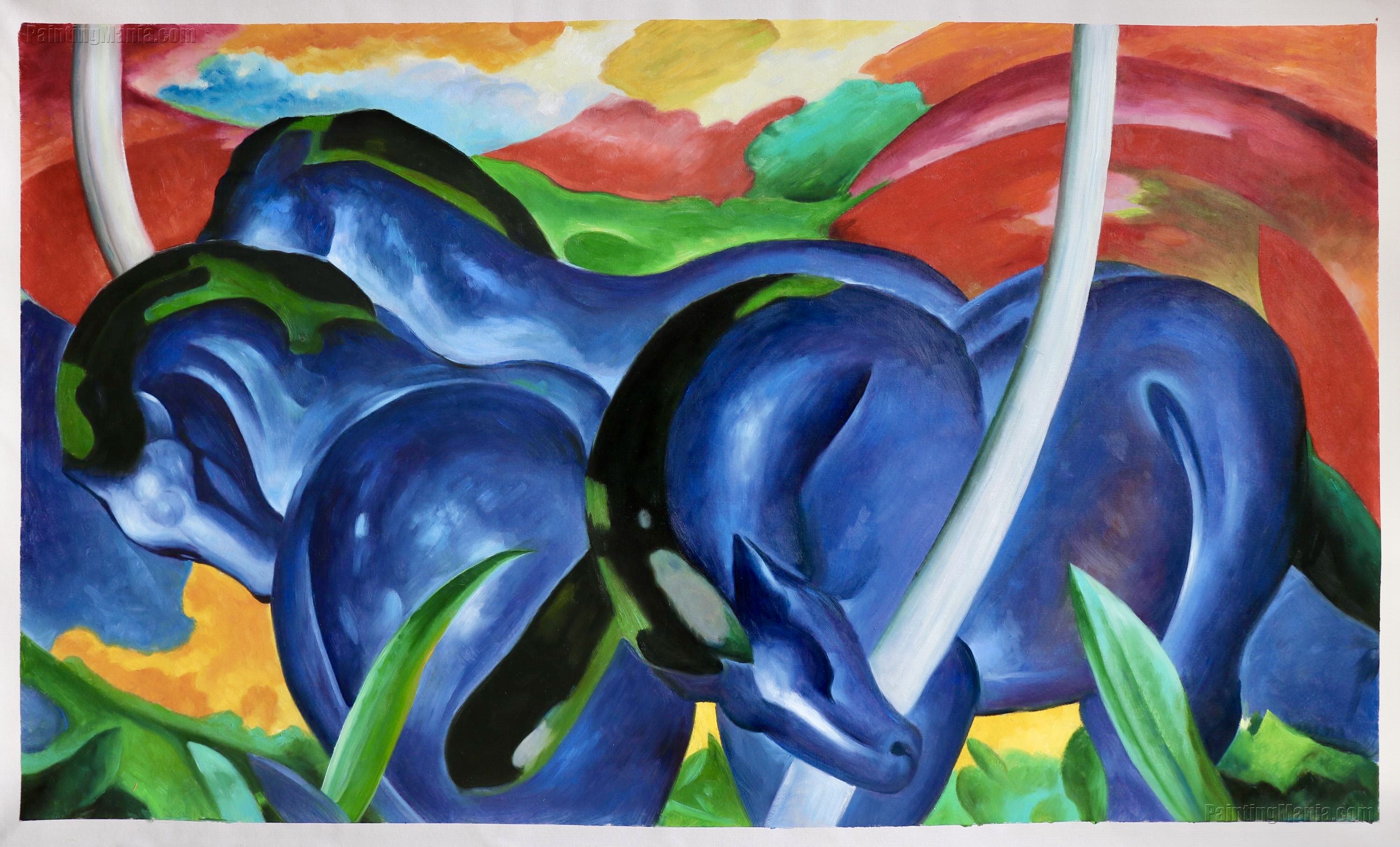
The Large Blue Horses
Franz Marc
Expressionism
1911
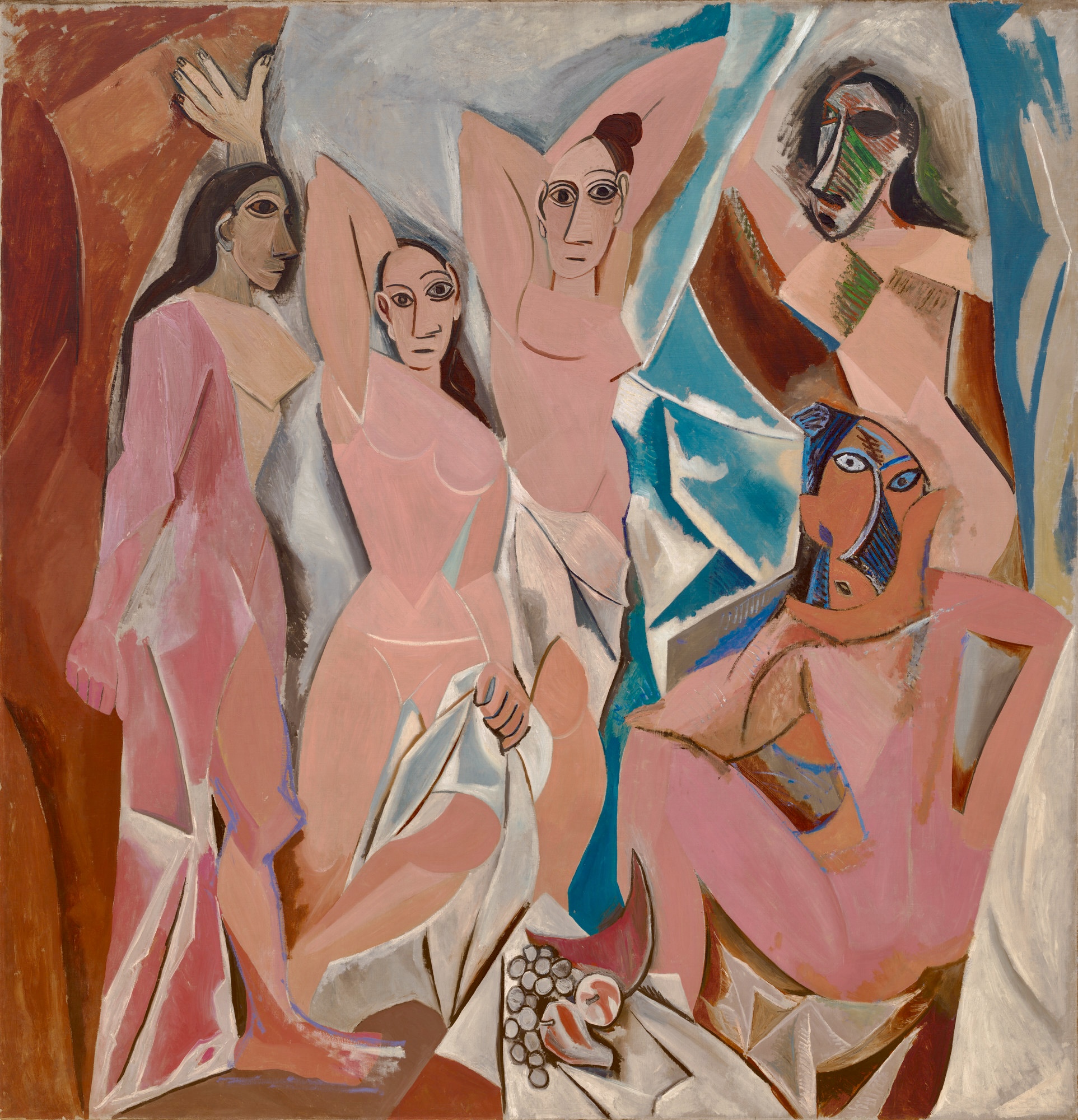
Les Demoiselles d’Avignon
Pablo Picasso
Cubism
1907
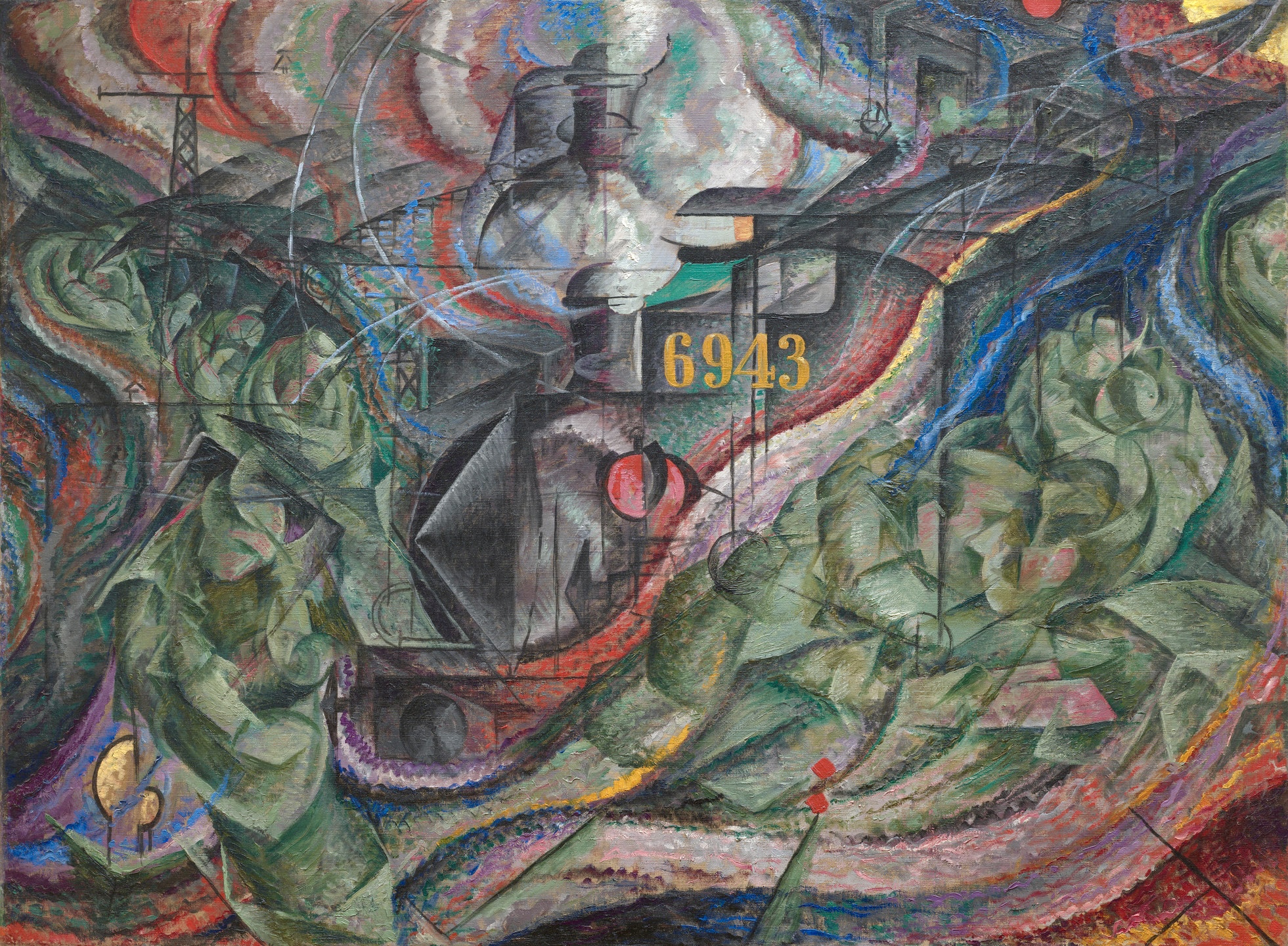
States of Mind I: The Farewells
Humberto Boccioni
Futurism
1911
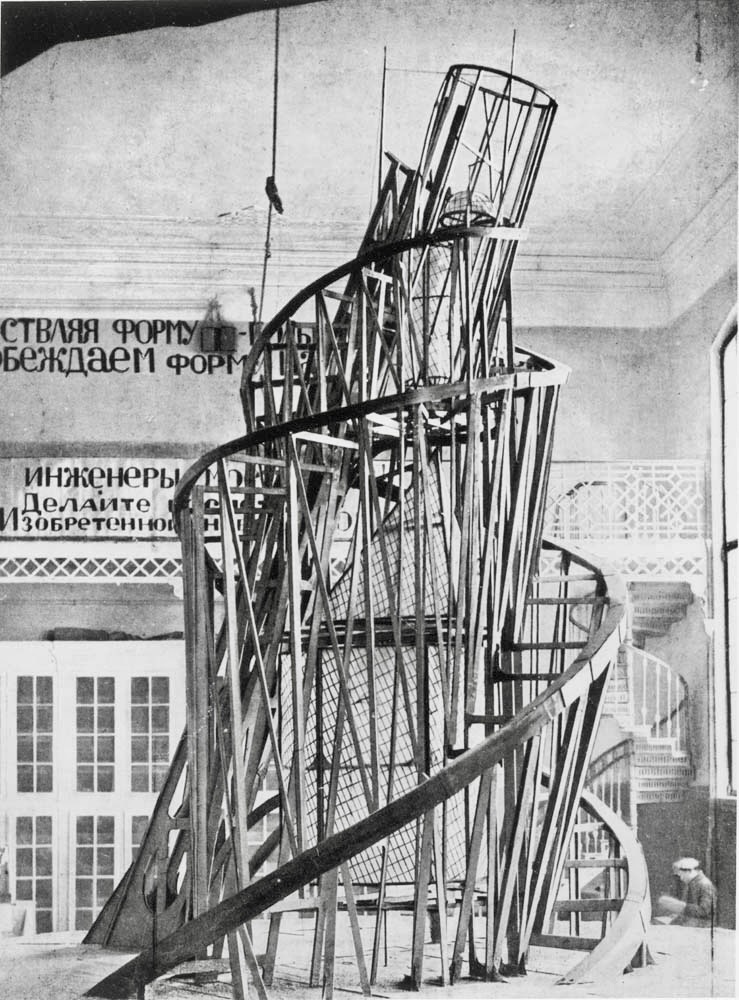
Model for Monument to the Third International
Vladimir Tatlin
Russian Constructivism
1919-1920
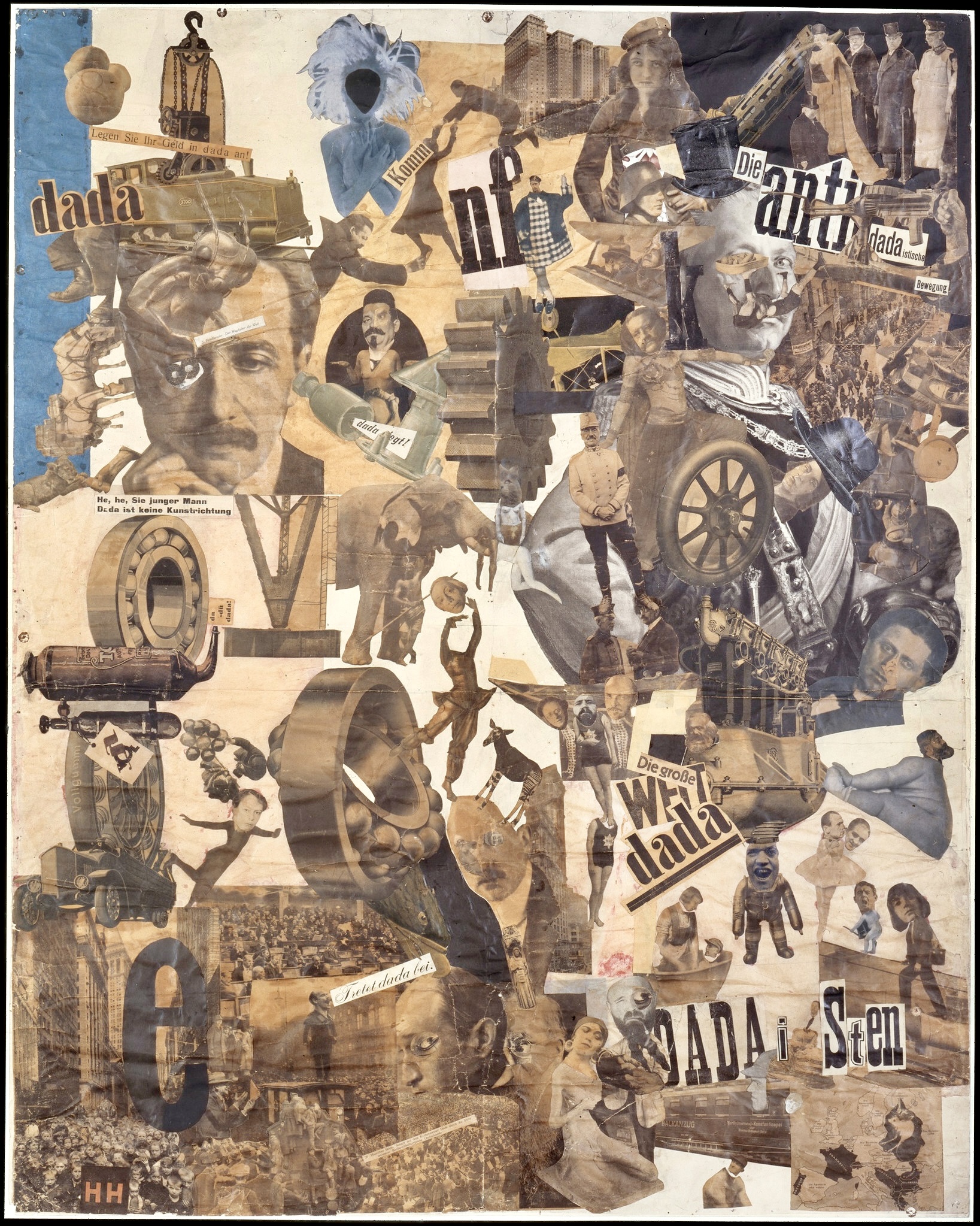
Cut With the Kitchen Knife
Hannah Hoech
Dada
1920
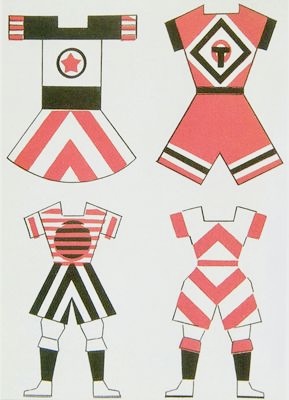
Design for Sportswear
Varvara Stepanova
1923
Russian Constructivism
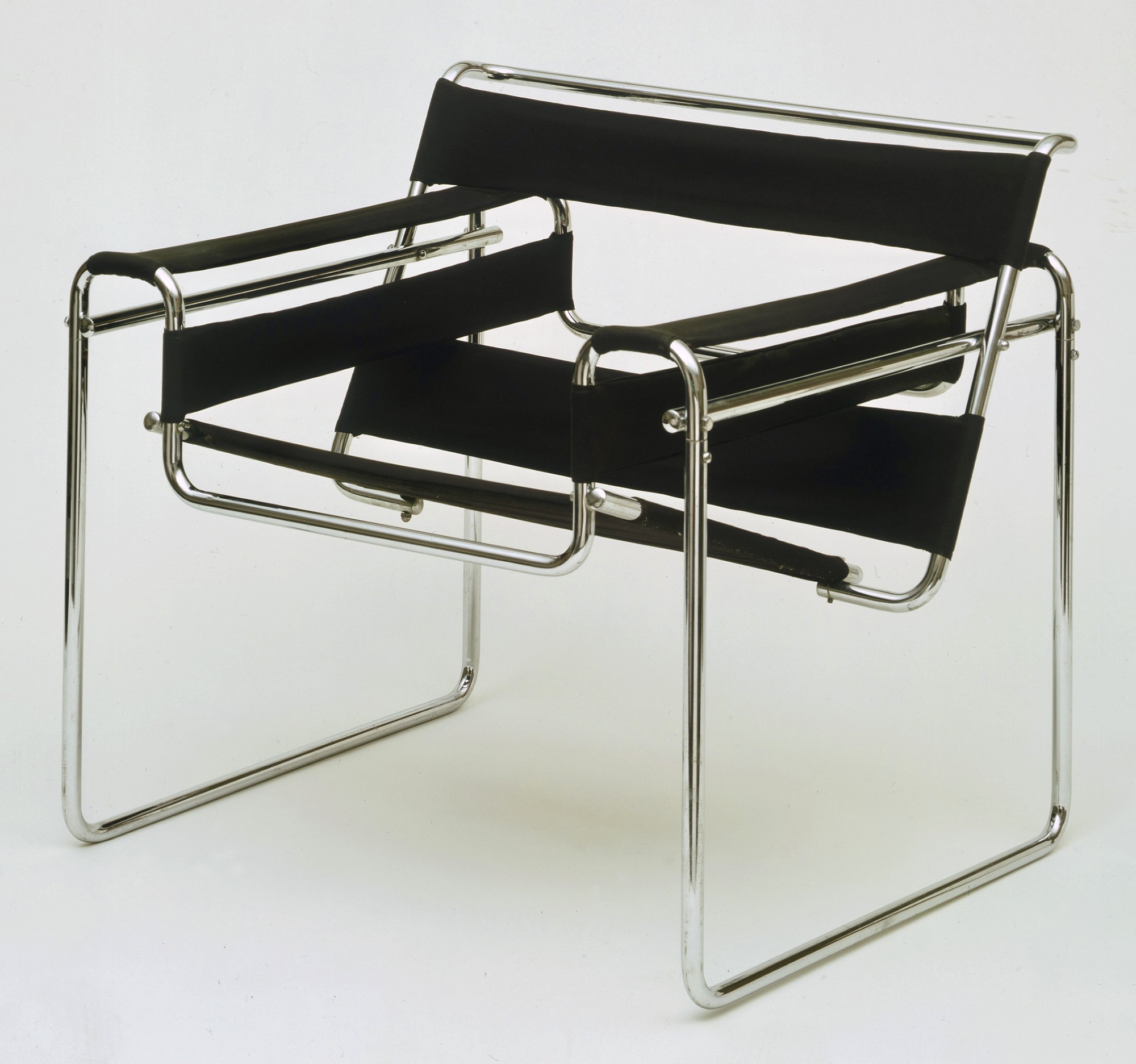
Armchair, Model B3
Marcel Breuer
German Constructivism
1927
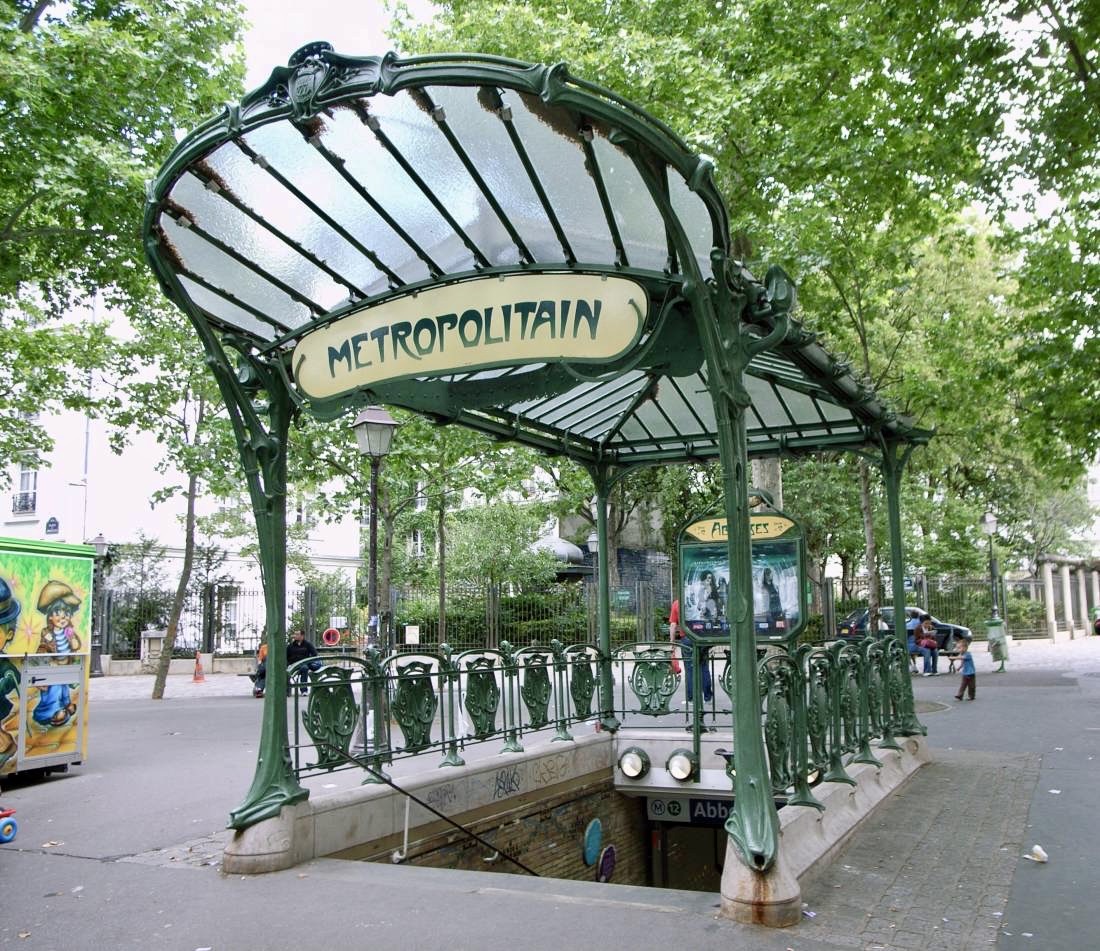
Metro Entrance
Hector Guimard
Art Nouveau
1901
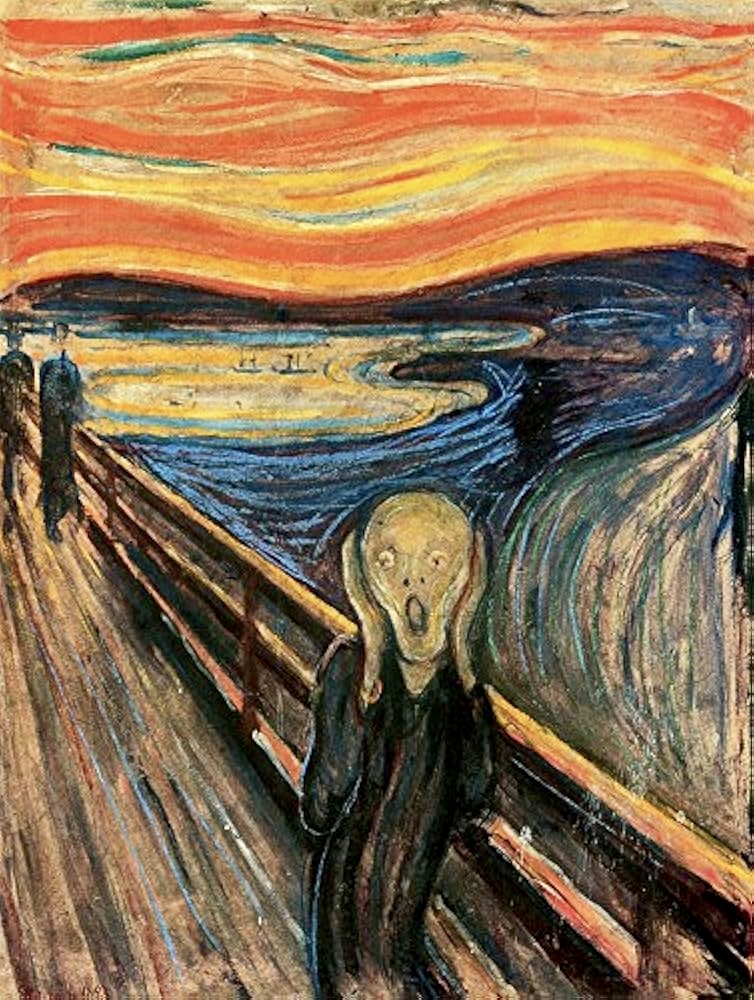
The Scream
Edward Munch
Proto-Expressionist
1894
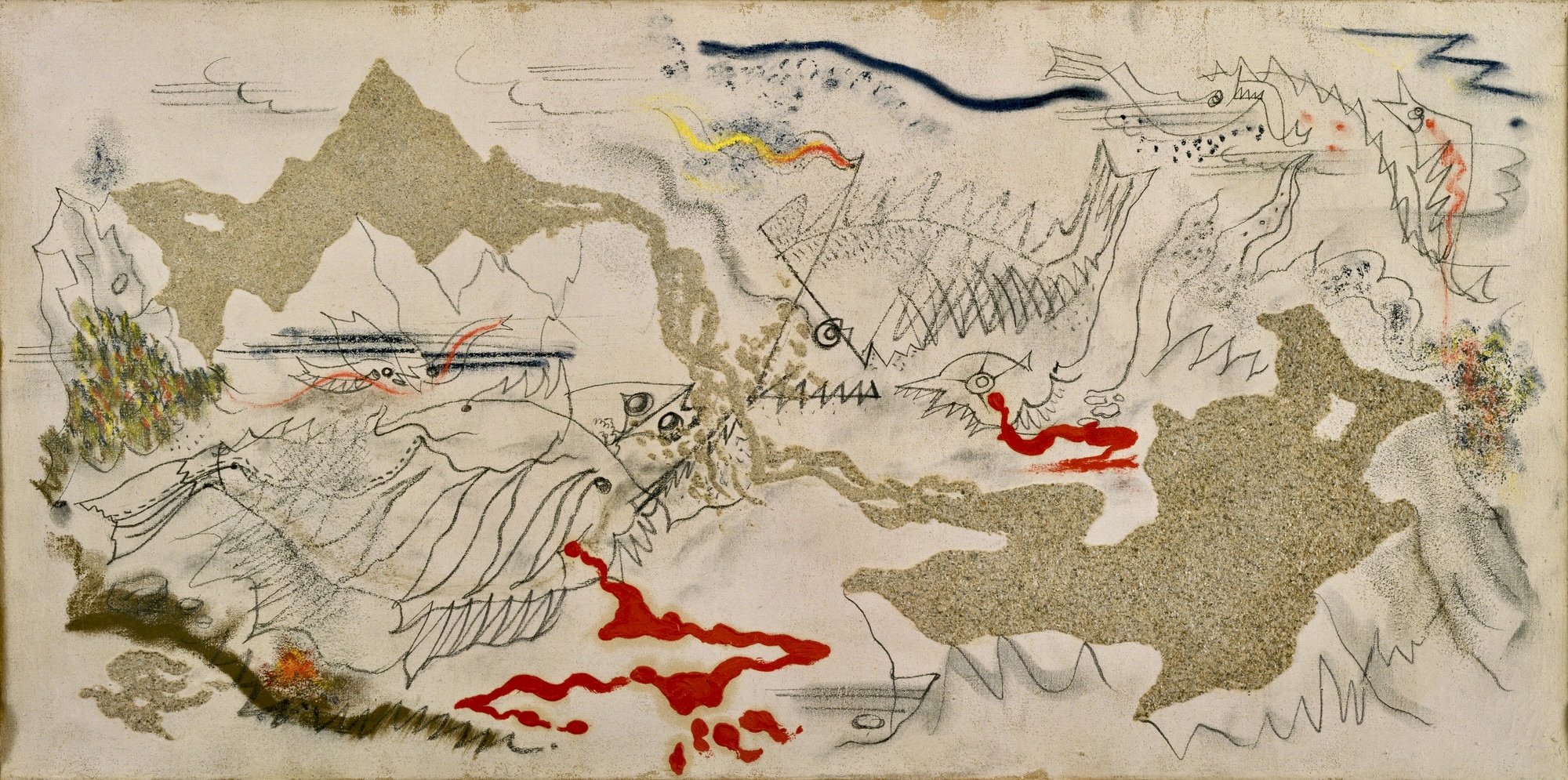
Battle of the Fishes
Andre Masson
Surrealism
1926
Academic Salon
Official displays of work by living artists. Exhibitions of work by by members of the French Royal Academy of painter of sculptors were held in the Salon Carré in the Louvre.
Salon des Refusés
An exhibition of works rejected by the jury of the official Paris Salon, started in 1863
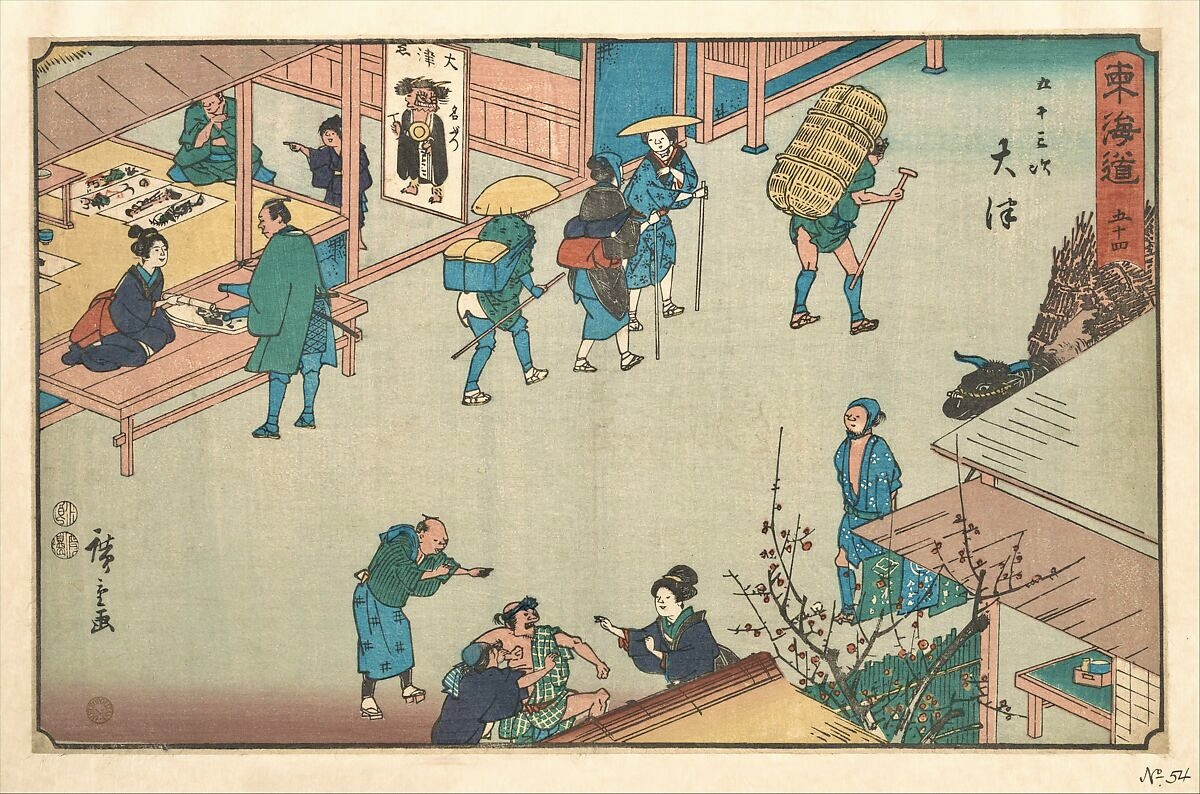
Japanese Woodcut Prints
Characterized by clear outlines, flat expanses of color, and nonlinear perspective, influential in the works of Picasso, Van Gogh, and Manet
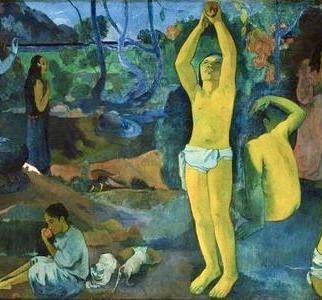
Primitivism
Imitation of so-called “primitive” cultures. Gauguin believed that non-Western and pre-industrial cultures were more authentic than industrialized Europe and North America
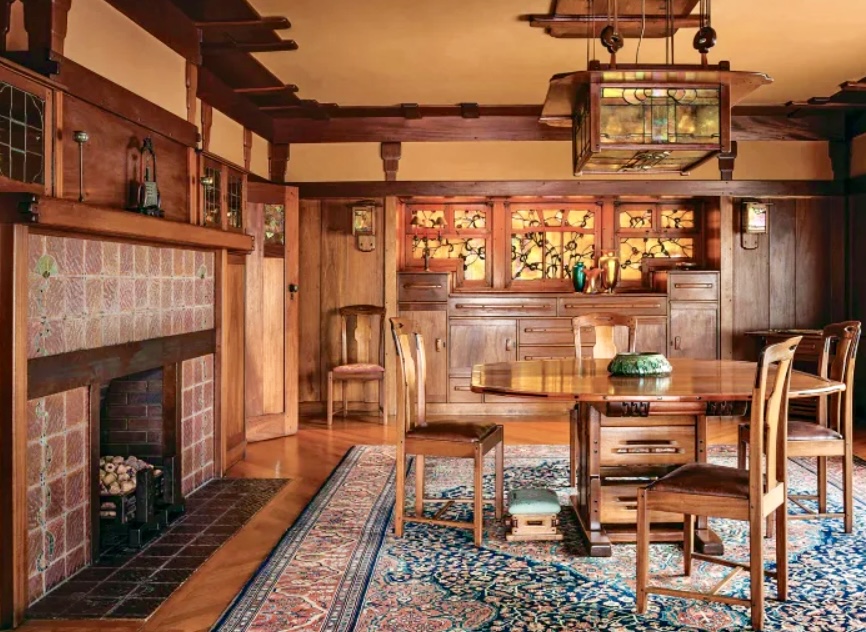
Arts and Crafts Movement
Late 19th-century international design reform movement, originating in Britain, that reacted to the negative effects of industrialization by promoting traditional craftsmanship and beautiful design over mass production, influenced by William Morris and John Ruskin
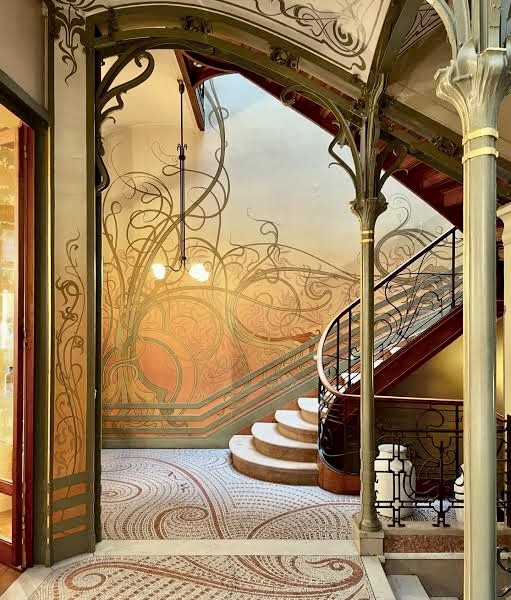
Art Nouveau
1890-1915, rejection of historical styles in favor of a new, modern aesthetic inspired by nature, used organic, flowing lines and whiplash curves
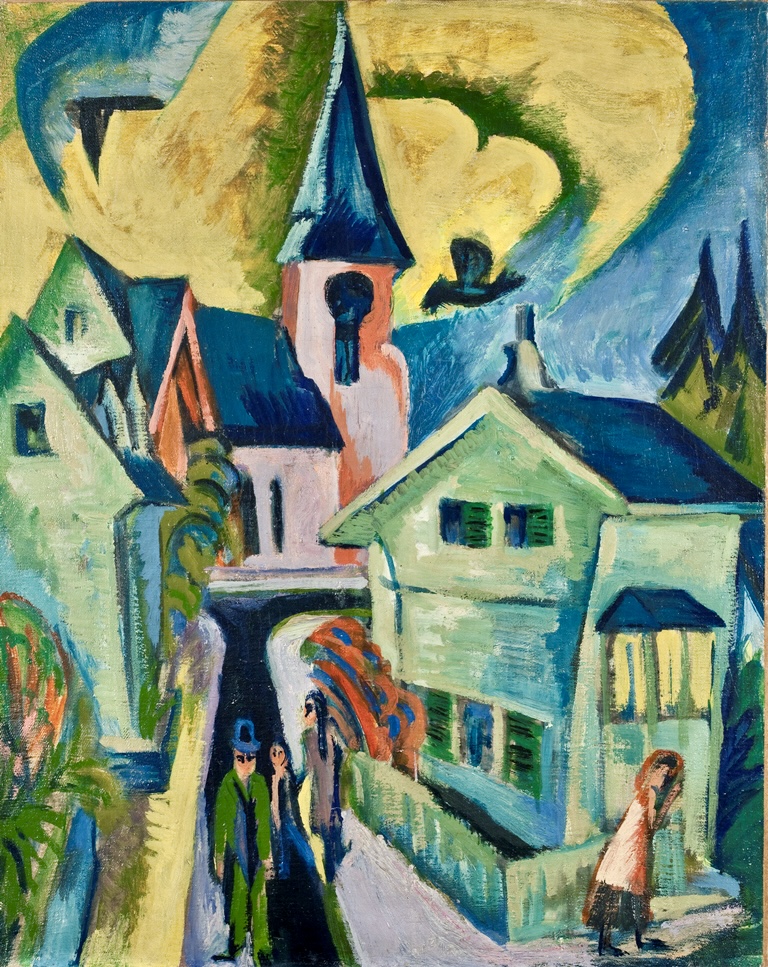
Die Bruecke
Group of German expressionist artists formed in Dresden in 1905. Used bold colors, distorted forms, simplified shapes, and strong, unnatural colors to provoke an emotional reaction and emphasize inner feelings
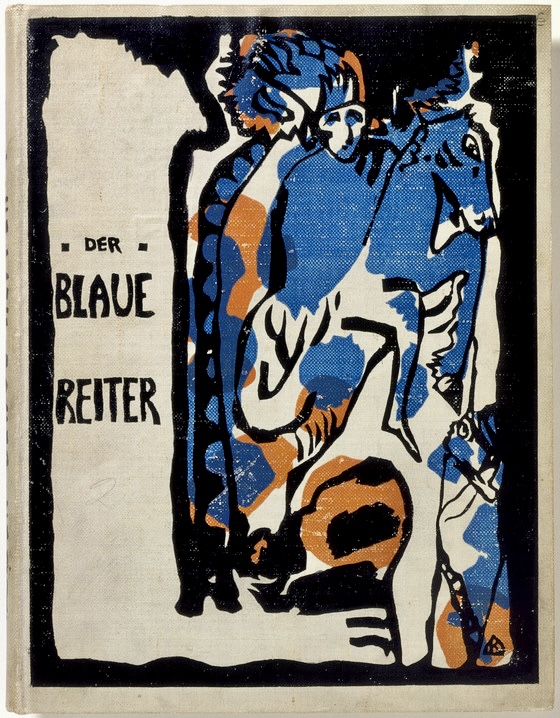
Blue Rider Group
Munich-based artists who experimented with Expressionism and Abstraction from 1911 to 1914, founded by Wassily Kandinsky and Franz Marc. They aimed to convey spiritual truths in expressive ways.
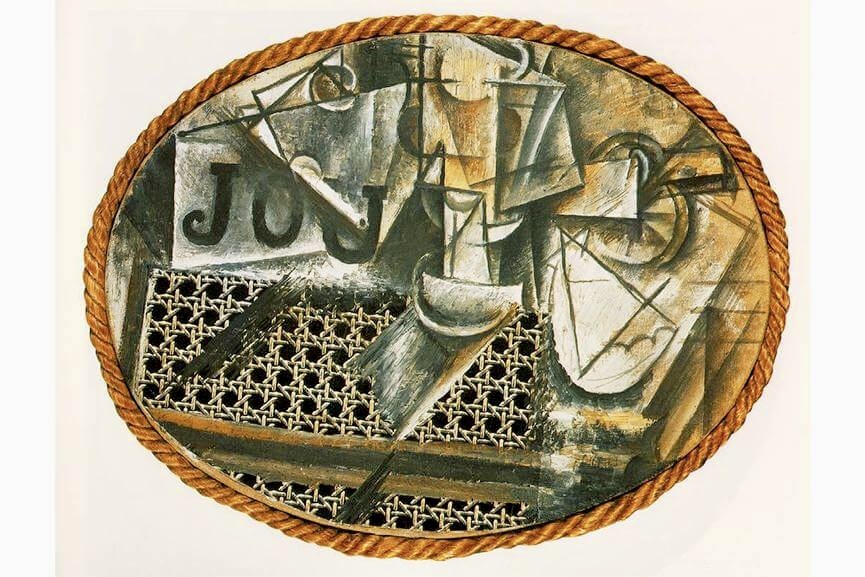
Synthetic Cubism
Characterised by simpler shapes and brighter colours, and experiments in texture and pattern using collage paper
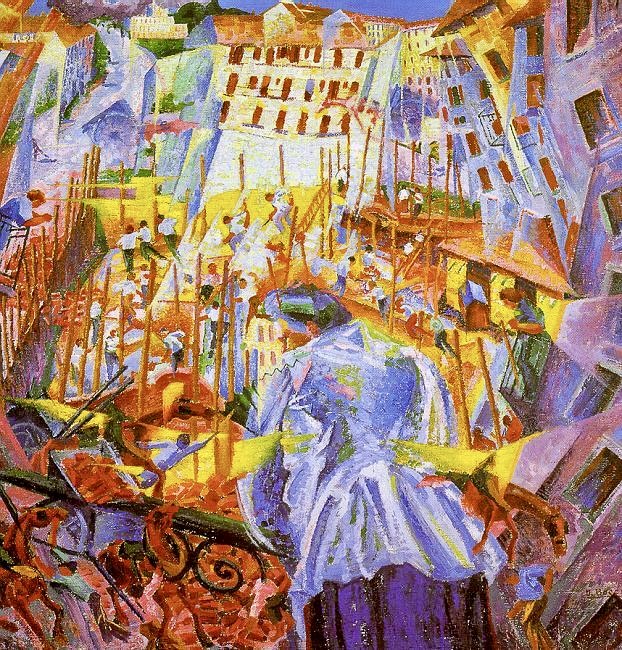
Futurism
Early 20th-century Italian art and social movement that celebrated technology, war, speed, and dynamism, rejecting the past and its artistic traditions
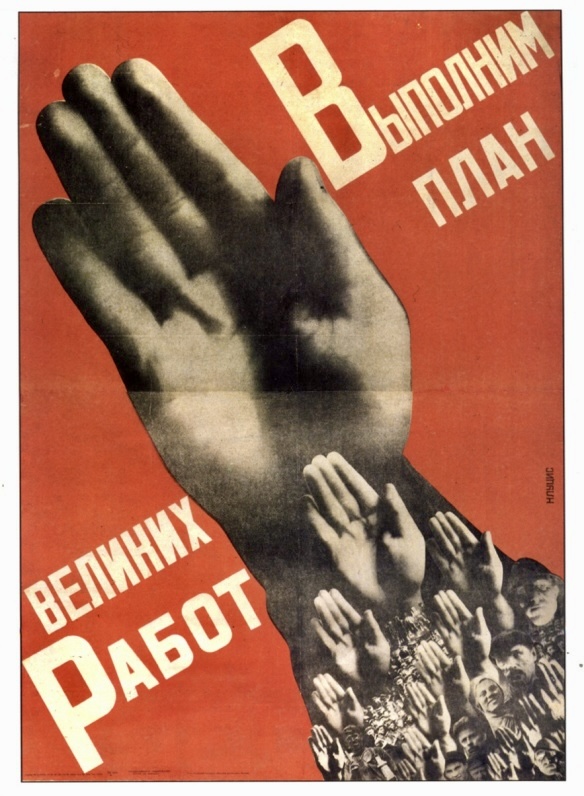
Russian Constructivism
Aimed to reflect modern industrial society and urban space, rejected decorative stylization in favor of industrial assemblage
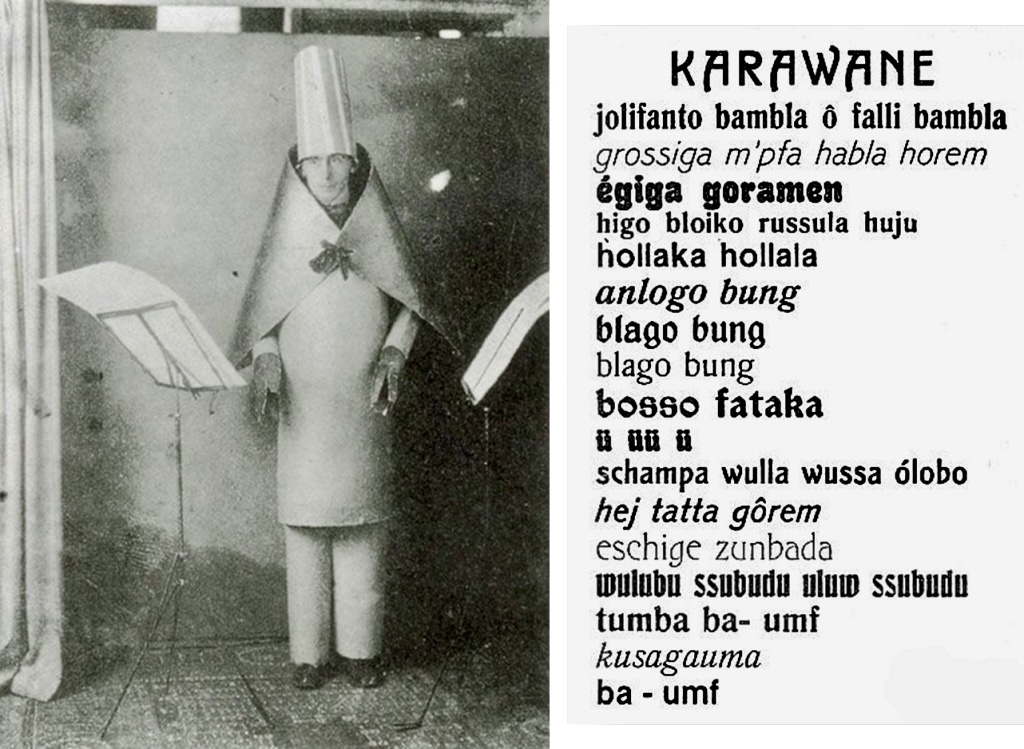
Sound Poems
Pioneered by Hugo Ball, poems that prioritize the aural and rhythmic qualities of language over conventional meaning,
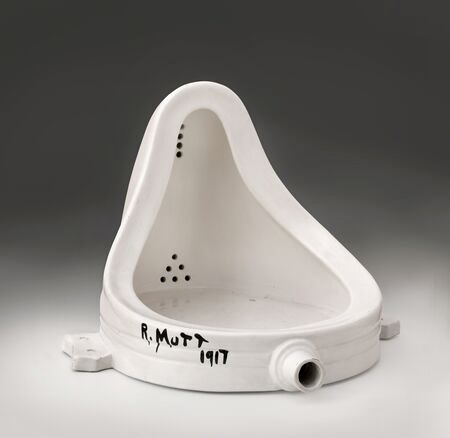
Readymade
A work of art coined by Marcel Duchamp that consists of a prefabricated, mass-produced object selected by the artist and presented as a sculpture
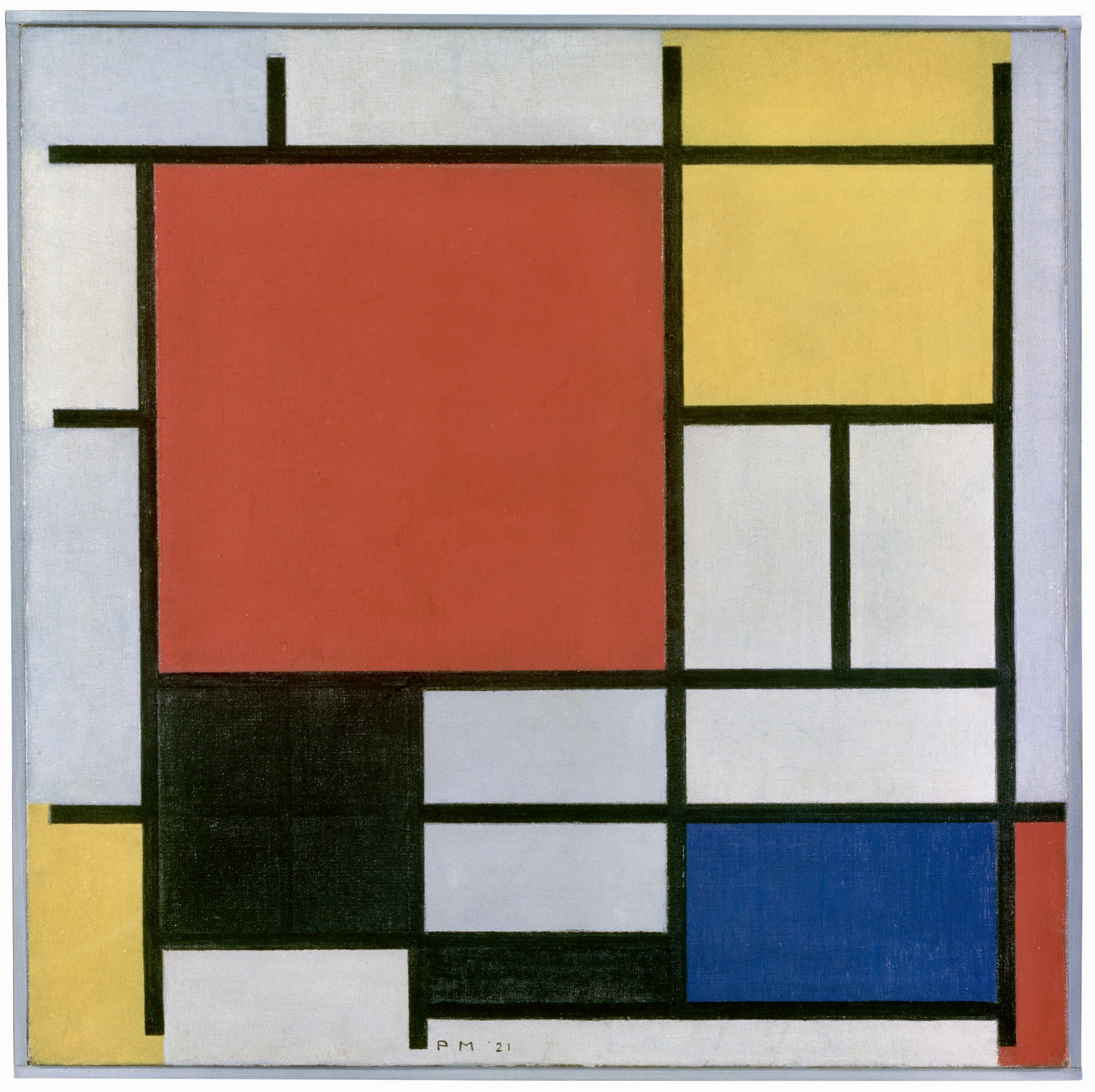
De Stijl
Dutch Constructivism, an art and design movement from 1917–1931 that sought universal harmony and order through abstract geometric forms, using only straight lines, right angles, and primary colors
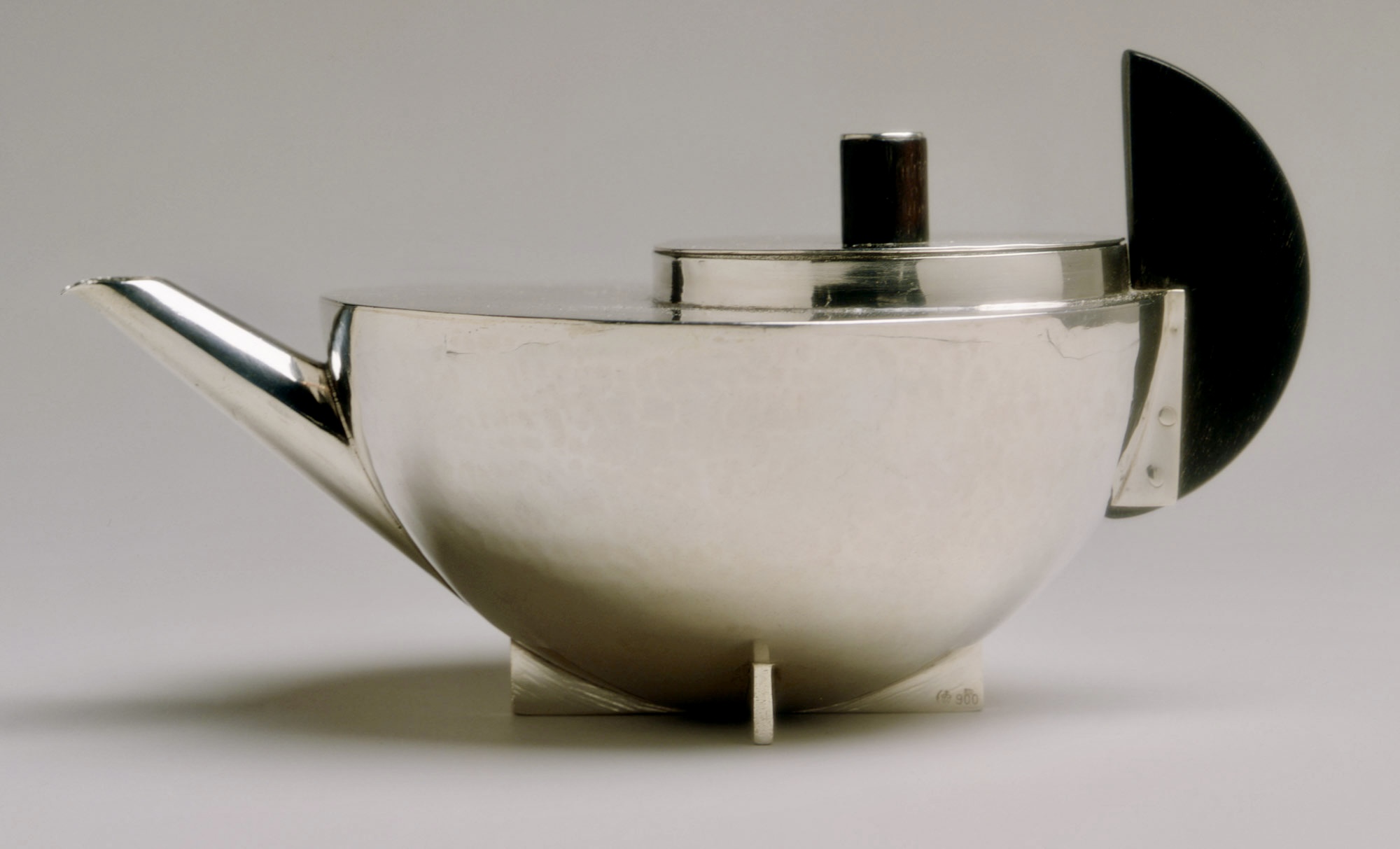
Bauhaus
German Constructivism, a minimalist, functionalist, and modern approach to art and design emphasizing simple geometric forms, clean lines, and an absence of ornamentation, with a core principle of "form follows function"
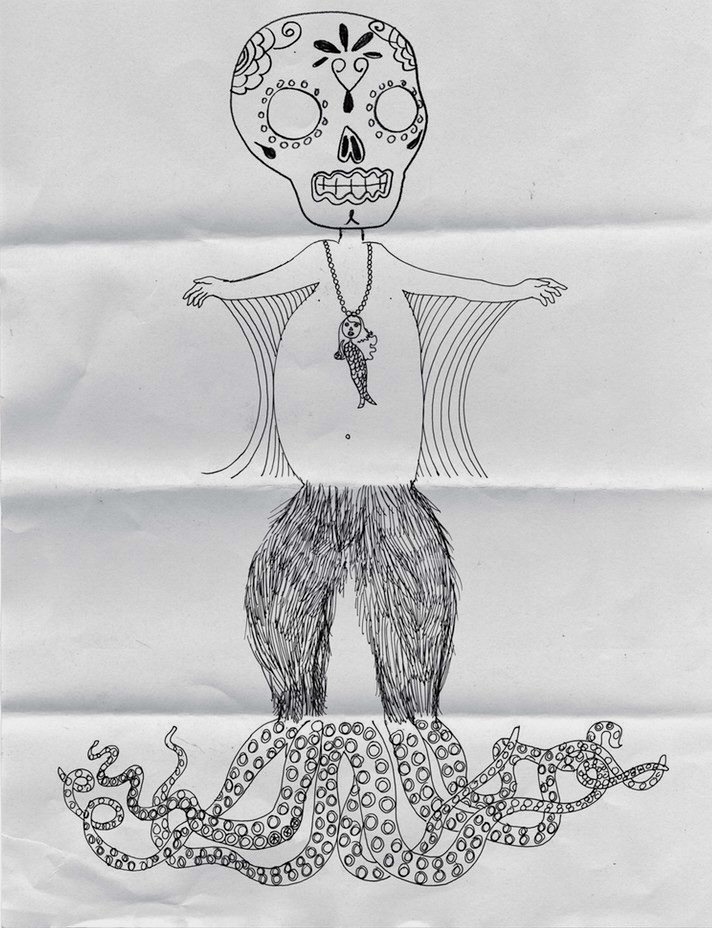
Exquisite Corpse
a collaborative art game from the Surrealist movement where participants draw or write on a folded piece of paper without seeing the previous contributions